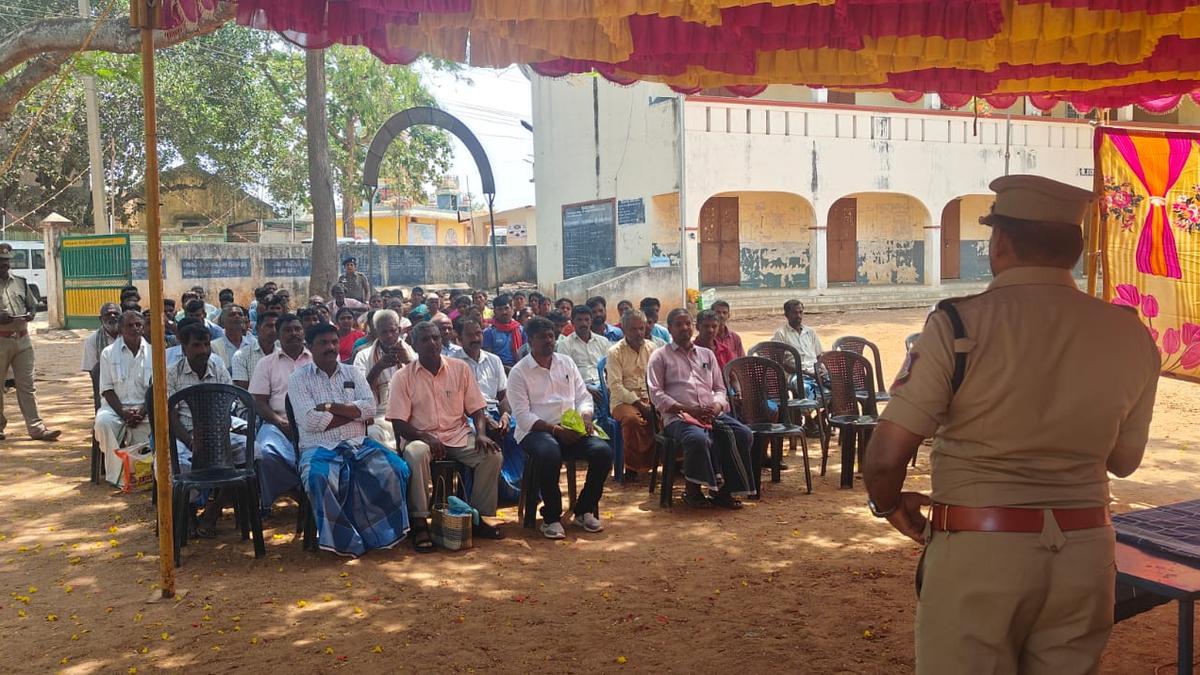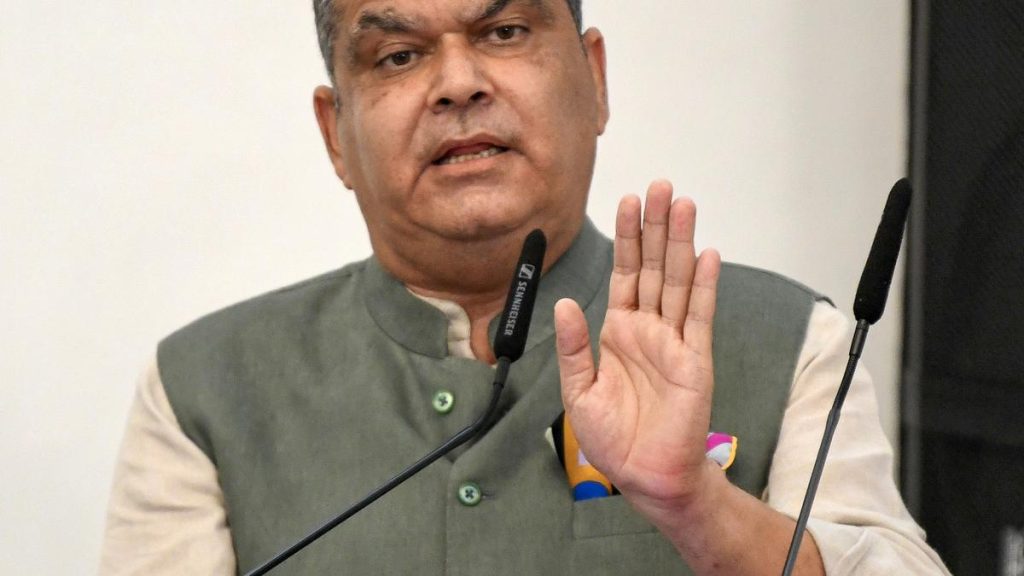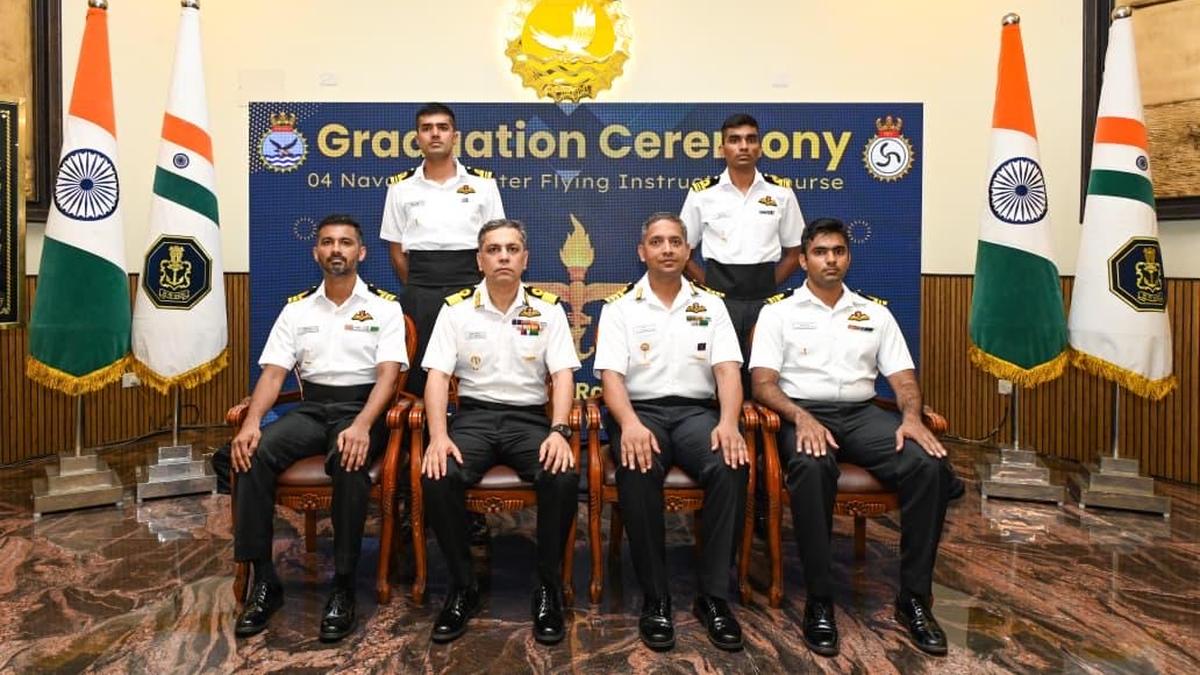Now Reading: Forest Department Urges Tribals in Tirupattur to Surrender Illegal Firearms
-
01
Forest Department Urges Tribals in Tirupattur to Surrender Illegal Firearms
Forest Department Urges Tribals in Tirupattur to Surrender Illegal Firearms

Fast Summary
- the Tirupattur division of the Forest Department has requested tribals in Yelagiri adn Jawadhu Hills, Tamil Nadu, to surrender illegal country-made guns voluntarily by September 10.
- Village heads are collaborating with forest officials, revenue departments, and police to encourage surrender at common locations like village temples or panchayat offices.
- To address fears of prosecution among gun owners, officials assured that identities will remain confidential and no cases will be filed against those who surrender weapons.
- This initiative follows the seizure of country-made guns during police checks in Gudiyatham and surrounding areas as July. No official data exists on the total number of such illegal firearms in these hills.
- Historically, tribals utilized guns for self-protection against wild animals and transportation safety before independence. Forest officials believe such possession is now needless due to improved infrastructure.
Indian Opinion Analysis
The voluntary surrender program reflects a pragmatic approach by authorities balancing law enforcement with empathy toward tribal communities. By promising confidentiality and legal immunity to participants, officials recognize the sensitivities surrounding ancestral ownership practices while aiming for compliance.
Improved transport infrastructure solves many challenges faced historically by hill residents-making firearm possession less relevant today-but resistance might stem from cultural or survival-oriented habits ingrained over generations. Outreach through trusted community leaders could mitigate reluctance. However, any long-term policy regarding arms possession must consider local socio-economic security concerns alongside broader national objectives like wildlife protection or public safety.
For regions outside Tamil Nadu facing similar issues involving traditional firearm usage among indigenous populations, this model could provide actionable insights into resolving conflicts between heritage preservation and modern regulations.
Read More: The Hindu

























